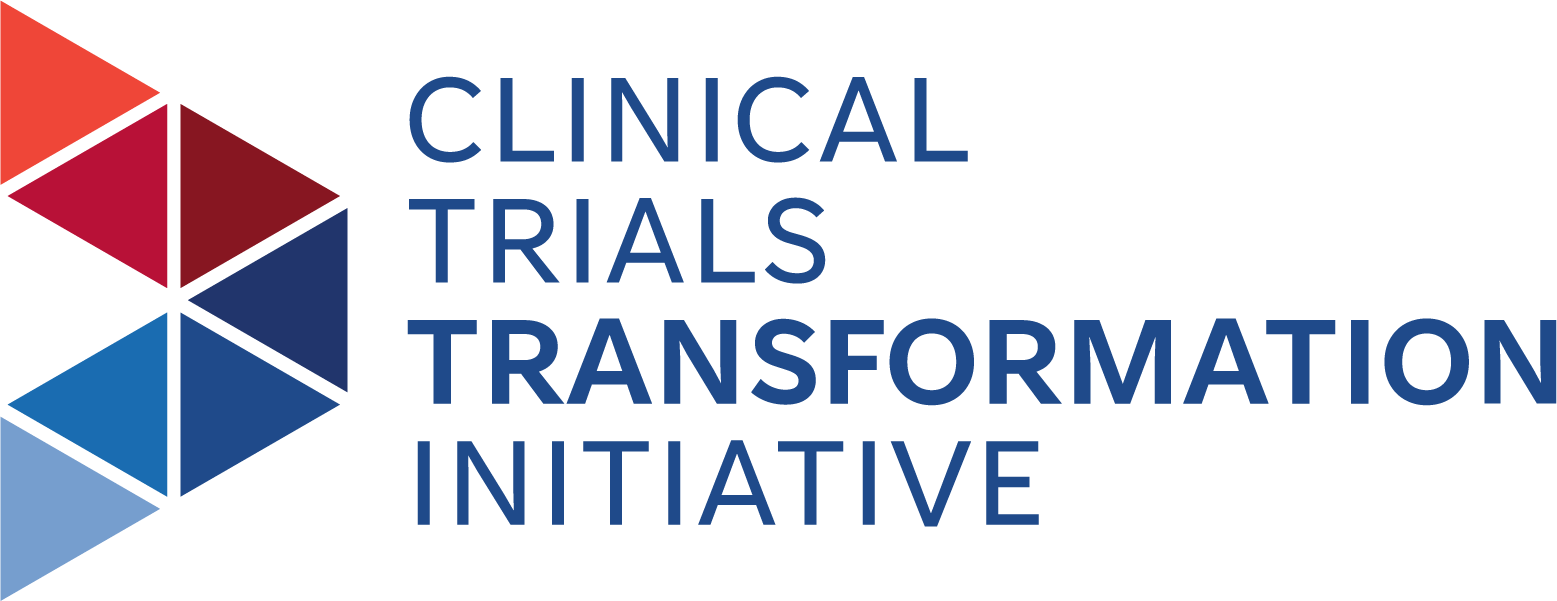Genentech Overhauls its Informed Consent Form to Minimize Patient and Site Burden
Genentech Applies CTTI's Informed Consent Recommendations
SUMMARY
Genentech's Early Clinical Development team
recognized the burden of lengthy and confusing informed consent forms, not only
on patients, but also on investigators and their teams. They set out to
overhaul the existing form, leaning on CTTI's Informed Consent guidelines to
bring a streamlined form to life.
GOAL(S)
Informed consent is one of the most
important aspects of research, serving as the baseline for protecting human
subjects in clinical research. However, for many patients already struggling
with a clinical issue, a lengthy and technical form can cause information
overload and emotional overwhelm. Genentech saw opportunities to streamline its
informed consent template to make it more digestible and patient-friendly, so
the Early Clinical Development team set out to give the template an overhaul. How
could Genentech use the informed consent form to truly inform, but not
overwhelm?
CHALLENGES
Most
organizations (and people in general) are averse to change, and that aversion
is even more pronounced when the subject in question officially works as it
stands. Genentech's informed consent form wasn't "broken" per se, it got the
job done and the organization was already comfortable with the original form.
That entrenched mindset of "the way we've always done it" would pose a
challenge to Genentech's effort.
SOLUTION(S)
Early
in the informed consent overhaul effort, Genentech surveyed the existing
literature and discovered CTTI's Informed Consent Recommendations, which
propose solutions to optimize the informed
consent process and enhance participant understanding of trial information to
inform their decision-making. The Early Clinical Development team reached out
to CTTI for guidance and decided on a two-tier consent form that allowed for
patients to grasp critical understanding of the overarching trial in Tier I (e.g., overall study design and timing) and dive further into more nuanced
details in Tier II (e.g., specific schedule of assessments and associated
procedures' risks). This allowed for a "chose your own adventure" type of
approach where patients had all information at their fingertips but could go
from high level to detailed at their own pace.
TAKING ACTION
Genentech
realized they needed input from across the organization and beyond to get the
effort right. Their informed consent overhaul team included representation from
clinical scientists, legal, medical editing, quality and compliance, regulatory,
biosamples, pharmacokinetics, and more. The project leads asked the team to
reflect on two core questions: 1) what do patients need to know and 2) what do patients want to know. It was a collaborative negotiation that
required the team to set aside individual experiences and consider the
collective goal. For example, one team member recalled a study during which
five paragraphs needed to be added to an informed consent and therefore felt
strongly that this section should remain. However, upon a vote from the rest of
the team that this experience was rare and atypical, the group agreed it was
not essential. Once the draft of the new informed consent template was
complete, Genentech consulted with CTTI for review as well as several study
coordinators and two central IRBs.
IMPACT
Genentech's
original informed consent form was 36 pages, and the project team reduced it to
22, a nearly 40 percent reduction. The new template has been well received and
although it was completed in 2017, it is still in use today.
ADVICE
CTTI's
recommendations offered Genentech the research and scientific rationale for why
an informed consent overhaul was a good idea, which helped bring colleagues on
board with the effort faster than starting from scratch. The collaborative and
diverse team in Early Clinical Development was central to getting the overhaul
right, as was including the IRB and study coordinator review. If Genentech
could go back and do it again, they would include a patient on the team as
well. Overall, the project was a success, and Genentech's other clinical
development teams have moved to adopt the Early Clinical Development informed
consent form.
ORGANIZATION
Genentech-a member of the Roche Group
ORGANIZATION TYPE
Industry
IMPLEMENTATION DATE
2017
TOPIC
Informed Consent
